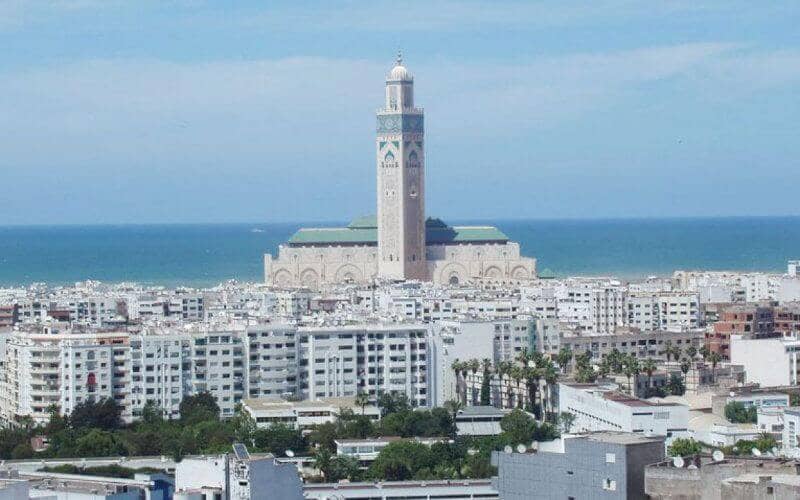Morocco Probes Suspected Export Fraud and Illegal Fund Transfers by Companies

Following reports and alerts about manipulations in the declarations of goods value and their invoices, control services from the Customs Administration and the Exchange Office are conducting joint investigations to verify the authenticity of suspicious fund transfer operations to foreign countries, concealed behind export transactions carried out by Moroccan companies with foreign firms.
Moroccan businessmen are suspected of having illegally received a substantial part of export revenues outside the national territory, before depositing these sums in bank accounts abroad. The examination of these suspicious transactions, involving companies operating in the agri-food, textile, clothing, and local products sectors, has made it possible to identify the managers of these companies, as well as their direct links with foreign company executives, report sources to Hespress. Some of these foreign partners are under the scrutiny of financial surveillance services in several European countries, particularly France.
The customs services and the Exchange Office have discovered that millions of dirhams from export profits have been transferred to bank accounts located in tax havens in Central America and Southeast Asia. The examination of previous export operations of the targeted companies reveals a significant concentration of transactions with certain foreign companies, mainly based in Europe. The exporters in question are suspected of having taken advantage of the substantial volume and diversity of exported products to circumvent foreign exchange legislation.
Only 60% of the transaction amount is regularized under banking supervision, while the law imposes a two-year deadline for any exporter to repatriate all funds from transactions not yet settled into their companies’ bank accounts in Morocco. Those implicated are also suspected of having taken advantage of the temporary admission regime - which allows the import of goods exempt from customs duties on condition of re-exportation - to conceal money transfers and divert profits generated outside the kingdom.
Related Articles
-

Chinese Steel Giant Clinches Morocco’s High-Speed Rail Contract, Boosting World Cup 2030 Infrastructure
3 September 2025
-

Mediterranean Shipping War: French Lawmakers Blast Italian Giant’s ’Predatory Dumping’
2 September 2025
-

Solo Traveler’s Moroccan Dream: Tamraght’s Hidden Coastal Charm Captivates Digital Nomads
2 September 2025
-

Morocco’s Airport Duty-Free Zones Spark Outrage: Dirham Debit Cards Rejected, Consumers Demand Change
1 September 2025
-

Morocco Braces for Fuel Price Drop: Diesel Could Plunge 30 Cents, Bringing Relief to Drivers
1 September 2025